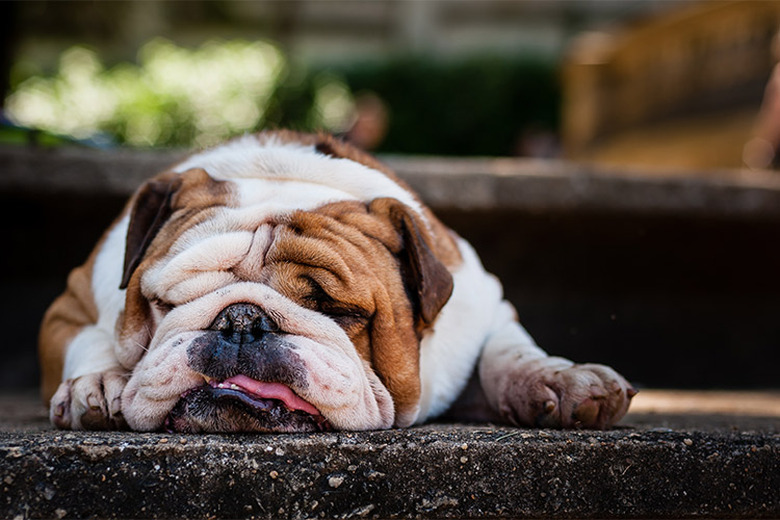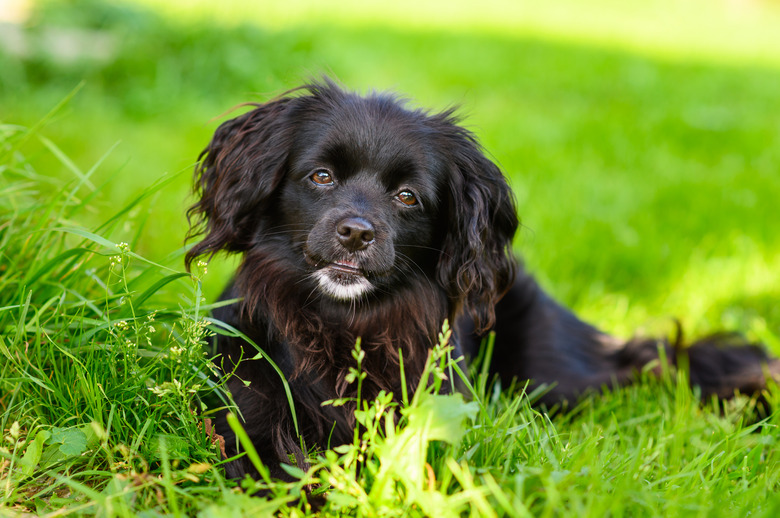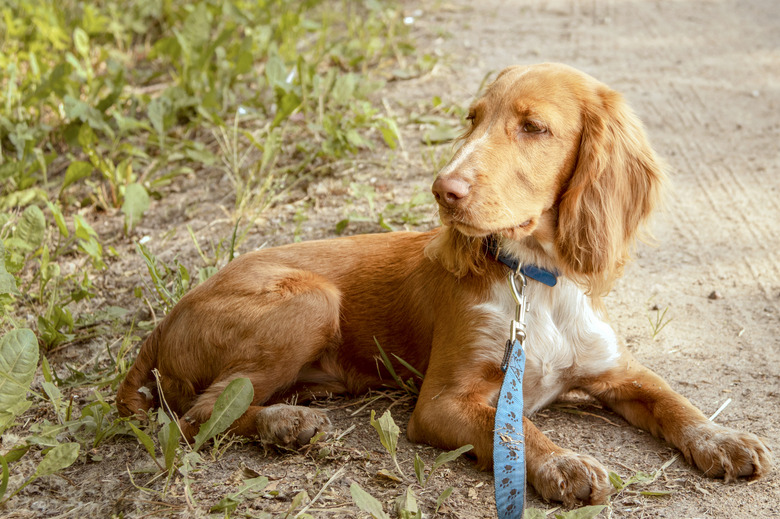Can Anesthesia Cause Upset Stomach In Dogs?
Anesthesia is commonly used for many dog surgeries and dental procedures so that your dog stays completely still and does not feel pain during the procedure. In most cases, surgeries are routine with few side effects, though you may see some dog sedation side effects, like diarrhea and upset stomach.
Anesthesia risks for dogs
Anesthesia risks for dogs
Anesthesia is generally safe for most dogs, but as with all drugs, there is a chance a dog will have an adverse reaction. However, this only occurs in approximately one pet out of every 100,000. Symptoms of an adverse reaction may be as mild as an inflammation where the anesthesia was injected or as serious as anaphylactic shock. Organ failure, seizures, and clotting problems are other rare side effects.
Your vet will minimize the risks of anesthesia by performing pre-surgical bloodwork on your pup. This will ensure your dog's organs are able to properly process the anesthesia. Dogs are also constantly monitored during the surgery so that immediate treatment can be given if there is a problem.
Digestive upset after anesthesia
Digestive upset after anesthesia
Generally, any effects of anesthesia will pass within 48 hours of surgery. Digestive dog sedation side effects include diarrhea and vomiting. It can be difficult to determine whether these digestive issues are due to the anesthesia or other issues related to the surgery, such as pain, stress, medications, and dietary changes before and after the surgery.
If your dog is vomiting or having diarrhea, especially if blood is present, contact your vet right away. Your vet may recommend withholding food or feeding your dog a bland diet.
Another potential issue after anesthesia is a failure to pass stool. This is common for the first couple of days since your dog's digestive tract was emptied when he fasted before surgery. However, if your pup hasn't had a bowel movement within five days of the surgery, contact your vet.
Other surgery side effects
Other surgery side effects
Anesthesia may make your pet groggy and sleepy when you first bring her home from the vet clinic. Anesthesia may make it difficult for your dog to maintain her body temperature. This is usually not a concern by the time you bring her home, but it is still good to make sure she has a comfy bed set up away from any drafts.
Your dog is unlikely to be interested in eating or drinking the evening after her surgery. However, she should start eating again the following morning.
Monitor for any symptoms that may require veterinary follow-up. These include breathing difficulties, coughing, pale gums, and lethargy that continues after the first day or two.
Post-surgical care for dogs
Post-surgical care for dogs
Follow all of your vet's instructions for care after surgery. He may recommend decreasing food intake for a day or two and feeding your dog a bland diet. Administer medications as recommended. Your vet may prescribe painkillers or antibiotics to prevent infection.
Recovery time can vary depending on the type of surgery. Make sure to keep your dog as quiet as possible during this time to prevent injury or tearing the incision. Don't allow your dog to lick or chew at the incision and check the surgery site regularly for any signs of infection, such as swelling, redness, discharge, or a foul smell.
Keep any follow-up appointments to ensure your pup has a full recovery. While some stitches dissolve on their own, in other cases, you may need to take your dog in to have the stitches removed.


